In an age where attention spans are supposedly shrinking, one truth remains constant: quality attention matters more than quantity of impressions. And when it comes to capturing genuine, focused attention, nothing beats Total TV.
Beyond the Five-Second View
We’ve all experienced the modern digital scroll – flicking past dozens of ads without really seeing any of them. But television viewing is different. When people watch TV, they’re not just present; they’re engaged. This isn’t just intuition – it’s backed by hard science.
Research shows that TV commands significantly higher attention levels than other media platforms:
- Active viewing time is typically 2.2x longer than social media
- Commercial break attention rates are consistently above 70%
- Brand recall is 3.4x higher than YouTube advertising
The Science of Attention
Why does TV capture attention so effectively? It comes down to three key factors:
- Screen Size Matters: Larger screens naturally command more attention. The living room TV creates an immersive experience that a smartphone simply can’t match.
- Lean-Back Experience: Unlike the active “lean-forward” posture of digital media consumption, TV viewing is a relaxed, receptive state that’s ideal for message absorption.
- Content Context: Premium content creates premium attention. When viewers are invested in high-quality programming, they’re more likely to engage with the advertising around it.
Measuring What Matters
Modern attention metrics reveal that TV advertising doesn’t just reach audiences – it resonates with them. Eye-tracking studies show that TV ads receive active viewing attention for an average of 14 seconds per spot, compared to just 2-3 seconds for social media ads.
The Business Impact
This superior attention translates directly to business outcomes. Brands that prioritize high-attention media like TV consistently see:
- Higher brand recall
- Stronger emotional engagement
- Better message comprehension
- Increased purchase intent
In the attention economy, TV isn’t just competing – it’s dominating. And in a world where consumer attention is increasingly fragmented, that makes TV more valuable than ever.



Leave a Reply